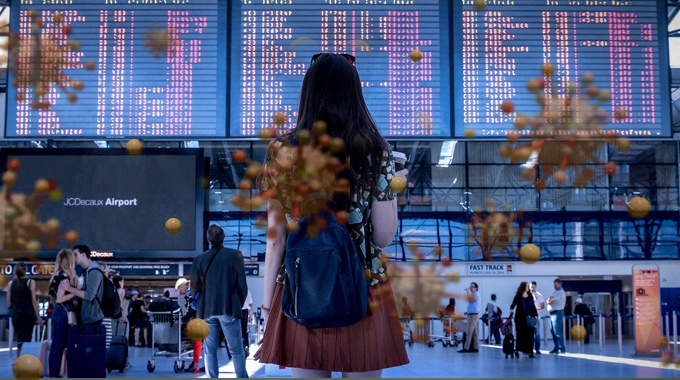
Written by Greg Schmid
National Ski Council Federation (NSCF) hosted a Zoom conference with the ski industry on May 13 to discuss life with and after COVID-19. Representatives from ski resorts, tour operators, lodging properties, and ski councils were in attendance. Two main takeaways were that the industry may never be the same after the pandemic, and that the industry is excited about the return of ski clubs to its resorts. Both tour operators and resorts emphasized that they are being flexible in pricing and in conditions on group ski trips. Minimum number of travelers, minimum deposits, and attrition and cancellation policies are subject to negotiation. Contracts include pandemic language (Force Majeure) which can protect both the resort and the ski club. If you are uncertain about something in your contract, the mantra was “Just Ask”. The industry reported it is now taking longer to respond to requests because of the industry-wide furlough policies. Laura Kennedy from Mammoth said “plan that everything is going to be OK, and then work with your resort and tour operator to manage any risks.” Resorts not only have to follow federal guidelines, but also state and local guidelines. Be assured, however, that the resorts’ first goal is the safety of skiers and boarders. What may be different is that welcome receptions will be subject to local regulations and may be cancelled due to concerns about group size. Any transportation needs will be taken care of in smaller shuttles or rental cars. Current rules in Canada specify that the maximum capacity of 55- passenger buses will be 15 passengers. This may increase costs for ski clubs. Tour operators have seen a lot of interest in clubs booking hotel rooms and smaller rental units as opposed to the 2 or 3-bedroom condominiums of past years. Because of concerns over eating
meals in restaurants, units with kitchens are very popular. How will the industry react if someone gets sick during the trip? TSA will be taking temperatures at major airports and will not let someone showing symptoms to fly. However, if a person gets sick during the stay, it is his or her responsibility to self-quarantine. It is unclear what travel insurance would cover in this instance. NSCF Vice President Cheryl Mann said that she was
putting together a webinar on travel and club insurance which will be announced soon. Councils expressed that it is currently difficult to sell their trips. Many clubs and councils have reduced the number of trips they are planning, and all are reducing their expected maximums. The industry stated that airlines have not yet reduced their scheduled winter flights, and that prices are down (due to demand and lower fuel costs). In addition, United and Delta have reduced their cancellation dates to 90 days before a flight, and American to 60 days. Vouchers for cancelled flights can be used for up to two years. Both the Epic and IKON pass programs are proceeding on a “business as usual” stance. Mary Manning from Aspen/Snowmass said that resorts are being aggressive on group rates for ski tickets. As Mountain Travel Symposium was cancelled in April, Paul Webber said that there will be a “virtual MTS” the week of Memorial Day. Curtis Bell will be participating in this, so if you have any requests, you can email him at curtiscmsc60@gmail.com. Do not expect resorts and tour operators to provide paid advertising this year, as budgets for print advertising no longer exist. A replay of this two-hour meeting will be available soon on the NSCF website, www.skifederation.org.
